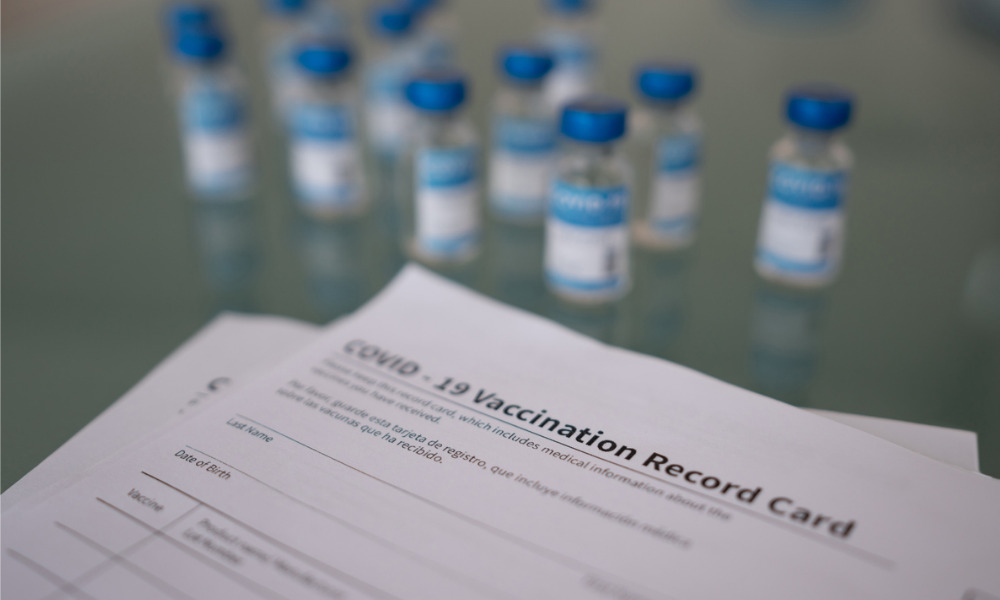
But the government is still criticised for definition of "critical" workers

The Employers and Manufacturers Association (EMA) praised the government's decision to ease vaccine-related restrictions as the "right move," saying that its 7,600 members will be helped by the move.
Starting March 25, an updated and simplified traffic light system will be implemented across New Zealand, according to the national government.
The country will remain under red light status, it said, but this means there will be no more limits to outdoor gatherings, as well as food and drink businesses. Indoor gatherings and events, however, will need to enforce a 200-person cap.
Face masks are also no longer needed outdoors, but they are still required in most indoor settings. Businesses are also allowed to ditch mandatory record keeping by displaying a QR code poster and requiring patrons to scan them.
A review on the country's traffic light settings will be carried out on April 4, and EMA chief executive Brett O'Riley said their members cannot wait for the announcement.
"That would enable further benefit to businesses of all kinds from better access and patronage, but also give them the ability to manage their own workplaces how they see fit, in accordance with their own health and safety policies," he said.
For now, O'Riley said its "7,600 business members will be buoyed" by the latest updated and they are "looking forward to even better news on April 4."
In addition to the review of New Zealand's COVID-19 curbs on April 4, the government said it will also be lifting the vaccine mandates on that day for all employees, except for health and disability, aged care, corrections, and border workforces.
The day will also see the mandatory use of My Vaccine Pass, the citizens' official record of vaccination status, lifted.
Despite this, businesses are given the freedom to voluntarily introduce workforce vaccination requirements if they are appropriate to the workforce, and they can also still use the My Vaccine Pass if they want to.
"We've tested out and learned how to deal with COVID-19 in the community, with devastating effects on business, and this seems like the right move to be making to give everyone confidence to get back to business and a life that, with the proper precautions, looks something more like normal," commented O'Riley on the government's updated policies.
"This is also important in signalling that New Zealand is back open for business and to further remove barriers that discourage inbound business travel and migration, when both are sorely needed," he added.
Read more: EMA: Minimum wage hike could 'shut more people out of work'
The Auckland Business Chamber also welcomed the government's recent announcement, saying it will provide relief for sectors such as the hospitality and events.
However, it chief executive Michael Barnett lamented how the easing of vaccine-related rules and the review of New Zealand's traffic light status are still on April 4.
Barnett also criticised how the government has yet to update the definition of a "critical" worker, which he claimed results to "unfair discrimination."
"We still have ridiculous and unfair discrimination keeping thousands of critical workers isolating at home because they don't make the government definition of critical despite an armoury of protection from high vaccination rates to widespread availability of rapid antigen tests to give the all clear to safely return to work," he said in a statement.
According to Barnett, businesses are now well-equipped to apply the "practical workplace health and safety practices and wellbeing policies."
"We have to live with Covid. Business manages risks every day and can be trusted to do what is right for their people and the community. We don't need a government mandate now to keep workplaces – and business operations – safe and healthy," he said.